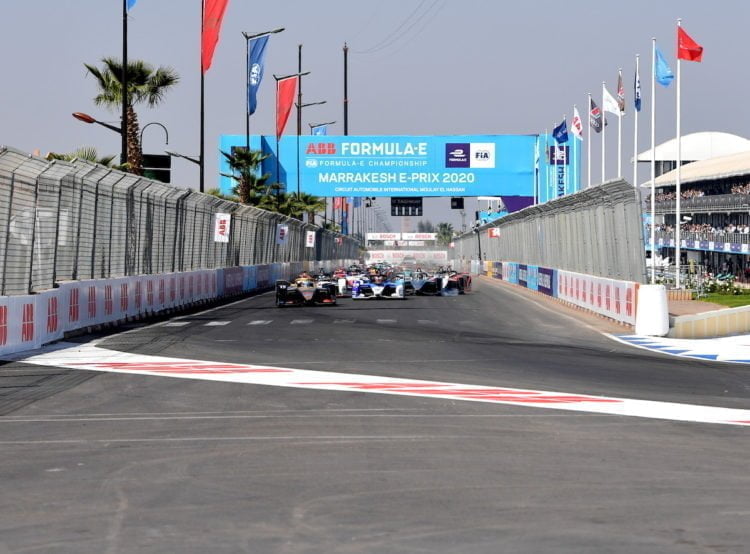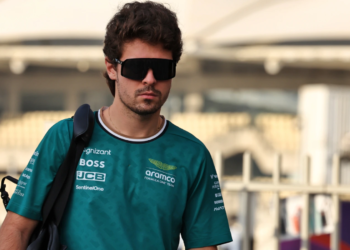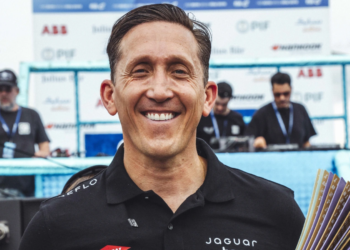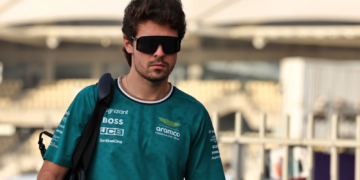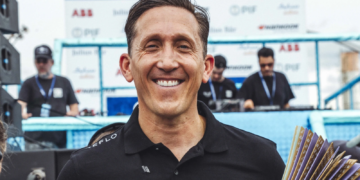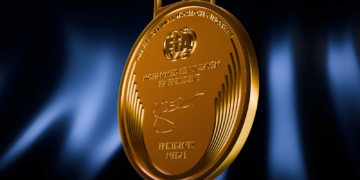The ABB FIA Formula E Championship has partnered with UNICEF to support the world’s appeal against the coronavirus pandemic.
Teaming up with the organisation, the all-electric single-seater series will help to protect vulnerable children and families, directing funds to healthcare and education for those most at risk.
Launching initiatives to raise funds, Formula E will support various projects including remote learning programmes and the supply of personal protective equipment [PPE], safeguarding against the effects of COVID-19.
“Formula E is committed to supporting UNICEF in its efforts to protect the health and wellbeing of the world’s children and families,” said Formula E CEO Jamie Reagle.
“Formula E was founded with a purpose of reducing global climate change by accelerating the adoption of electric vehicles; a mission which aims to provide a safer, cleaner life for future generations.
“Today, we are taking immediate action to protect future generations from a global health emergency.
“Our partnership with and initial donation to UNICEF are the start of a long-term journey together to protect the health, safety and education of vulnerable children around the world.
“On behalf of the Formula E ecosystem of teams, manufacturers, drivers, partners and all their staff, we are honoured to support UNICEF and encourage everyone to stay safe and stay home.”
Alongside protecting the health and wellbeing of children across the world, UNICEF is also tackling discrimination caused by misinformation and lost educational opportunities, with 1.5 billion children missing out on education due to school closures.
“We are delighted to see Formula E supporting UNICEF’s response to coronavirus,” added Sarah Ward, Deputy Executive Director, Partnerships and Philanthropy of UNICEF UK.
“With huge thanks to the generous donations of our supporters, such as Formula E, UNICEF is proud to continue our life-changing work across the world.
“Through their much-needed donation, we are able to support children and families across the world by activities including supplying medical equipment and hygiene kits, developing learning resources, delivering prevention campaigns and tackling misinformation.”

